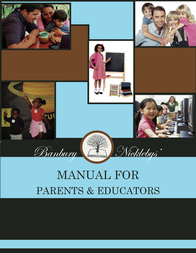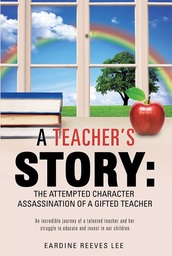In my previous blog post, I discussed why homework is beneficial to your child and how you can use these assignments to benefit your child. I also, discussed prioritizing homework in the later grades if you have determined that your child will need these academic skills in their future careers. You can read more about the role of homework in your child’s education.
In this post, I will talk about what homework should be and how to address content that challenges (or even frustrates) both you and your child.
Homework should do one (or all) of the following:
Homework can come in the form of:
Homework should never be viewed as busy work. And if it truly is “busy work”, ask the teacher for more challenging material or extension activities that will help your child grow.
If your child is struggling with a concept (and you are not certain of how to help), there are a number of ways to help your child succeed.
In this post, I will talk about what homework should be and how to address content that challenges (or even frustrates) both you and your child.
Homework should do one (or all) of the following:
- Review content that was previously taught in the classroom.
- It should expand upon content, concepts and skills
- Allow a student to explore other avenues of a topic using their specific learning style
- Reinforce material and build understanding in preparation for the next lesson
- Challenge a student to think logically and succinctly through a series of problems/ tasks/ exercises in order to construct an understanding-- and hopefully an appreciation-- for higher order learning.
Homework can come in the form of:
- Projects
- Book Reports
- Systematic Inquiries
- Skill Builders
- Experiments
- Reading and Research
- Puzzles & games
Homework should never be viewed as busy work. And if it truly is “busy work”, ask the teacher for more challenging material or extension activities that will help your child grow.
If your child is struggling with a concept (and you are not certain of how to help), there are a number of ways to help your child succeed.
- You or your child can sour youtube.com, google.com, bing.com and any number of resources on the internet. If this search is not helpful...
- Seek free tutoring through a homework hotline or a free peer group at school. If these resources are not available to you…
- Ask a librarian for assistance. Do they know of a specific book, audio recording, documentary, video lecture or website that could help? Still stumped?
- Write a note to your student’s teacher expressing your concern and the desire for you and your child to master the concept being taught.

 RSS Feed
RSS Feed

